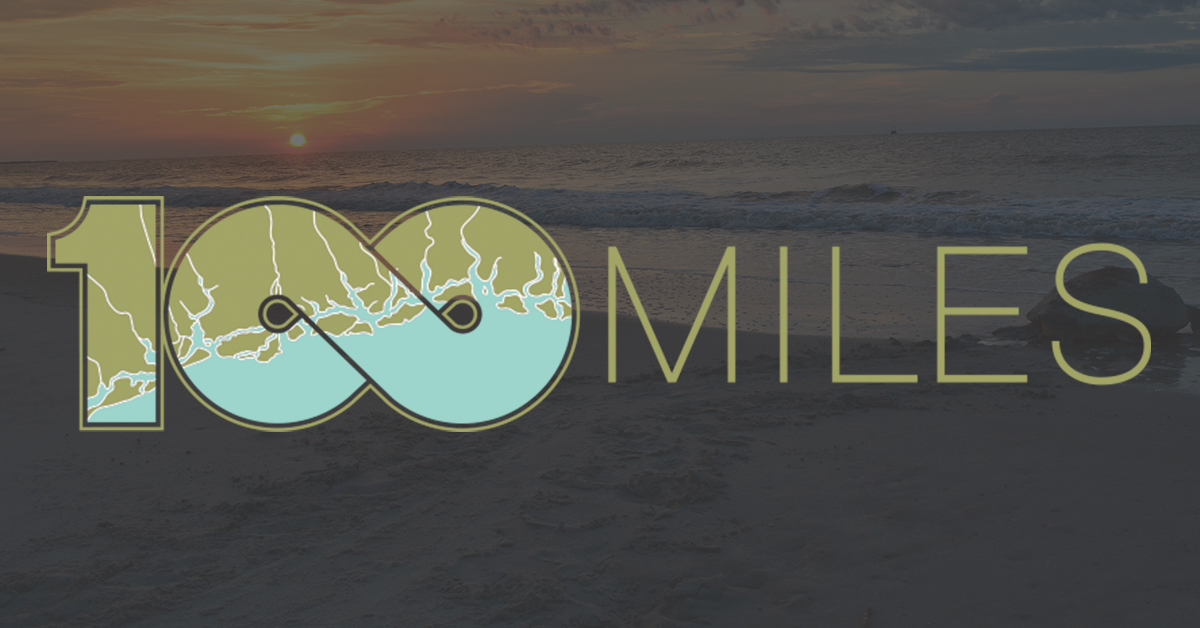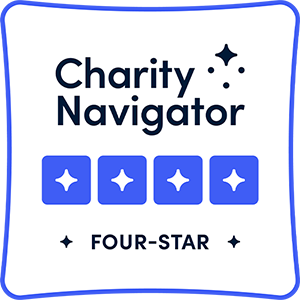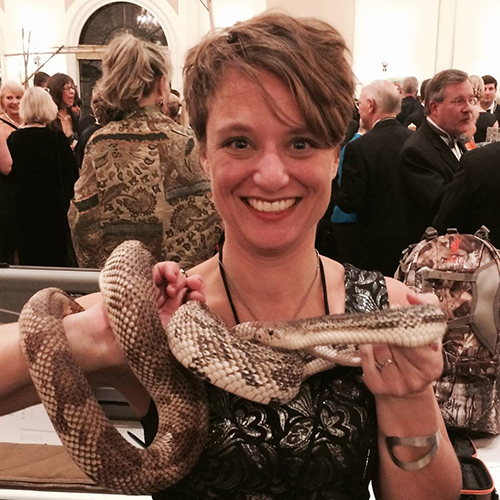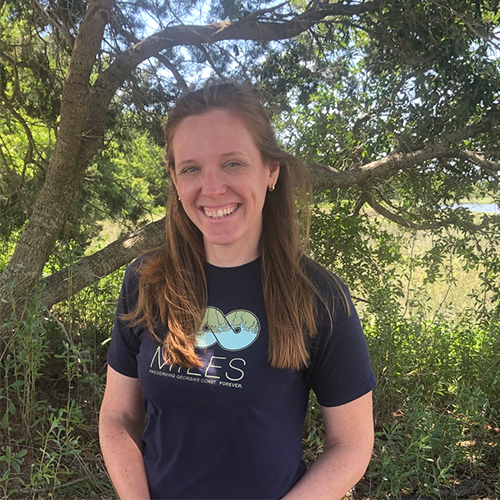Change on the Horizon
Earlier this summer, I decided that our family needed a change of scenery. So in July, we embarked on a month long, socially-distanced RV trip across the U.S. But by the third day of watching flat farmland pass by, we were bored. My kids began to wonder if this big adventure was really taking us somewhere interesting after all. Finally, we got to Kansas—one state away from Colorado. I told them that we just had to stick it out.
Everything I had heard about driving through Kansas was that it would feel never-ending. After a day of driving through the wide state, we decided to pull off I-70 to sleep in a state park about 2 hours east of Colorado. Honestly, all I wanted to do was get in, sleep, and get on our way early the next morning.
As we drove in, I had to double check that we were in the right place. The landscape of 100-foot limestone bluffs and the soft pastels of high plains prairie was remarkable and completely unexpected. I’d seen Philip Juras’ prairie paintings, but I don’t think I really believed they could be accurate representations. (Because I know Philip, I should have known better. Click here to see some of his prairie landscapes.)
We ended up staying two days in this place I thought would be a pit stop. We swam, mountain biked, hiked, and—for the first time since our isolation began in March—breathed breaths of contentment and felt excitement about the future. I daresay, hope.
We’d started our trip tired, angry, sad, maybe a little scared—like closed flowers, hunkered down to protect ourselves from the negativity all around us. But over the next few weeks, as we explored deep canyons, wide rivers, hot deserts, and dark skies, we gradually began to open up. Suddenly, we found ourselves racing to see sunrises, talking about nature’s color palettes, and savoring every minute we could spend together. We went from looking down and in to out and around.
And it all started in the most unexpected place—Kansas.
As a society, I feel as if we are all in Kansas right now. Our heads are down. We are angry, sad, tired, and scared. And we just want to get through it. But lately, a few events have compelled us to pick up our heads, look around, and realize that there may be hope on the horizon. Kids are back in school—some virtually and some physically. Leaders are talking about racism, inequality, and the importance of nature—subjects that many have failed to acknowledge for too long. Most notably, there is a major election in two months that will affect leaders on every level.
Although it may not feel like things are changing, they are…
At One Hundred Miles, we are using the lessons learned during this pandemic to become stronger and more sustainable, and to improve the experiences we can offer to our supporters. Over the past few years, we have prioritized the growth of our emergency fund and our membership and advocacy networks so that we can weather lean times. Now, with the onset of a global pandemic in COVID-19, those lean times have come, and we have made important adjustments to our budget—including relocating our offices and changing our fiscal year—that will ensure resources are available to make progress toward our mission.
As we move forward into fall and a new chapter, we hope you’ll join us for the following programs:
- Youth Environmental Leadership Program: Applications are now open for the second year of this exciting program! Students will meet throughout the year to launch a coastal action project, serve as ambassadors in their schools and communities, and work with elected representatives to bring about meaningful change for our coast—all while going on behind-the-scenes field trips and meeting scientists and other mentors. We hope you’ll encourage the high school students in your life to apply.
- This past summer, with the help of our supporters and partners, we stopped a bad bill that would have allowed DNR to privatize important natural and cultural heritage sites, like Butler Island Plantation in McIntosh County. This is just one example of the need for McIntosh leaders to embrace their heritage rather than hide it. That’s why this fall, we’re partnering with the Sapelo Foundation, the Gullah Geechee Heritage Corridor Commission, Friends of Butler Island, the East Coast Greenway Alliance, and others who want to help to help residents and leaders in McIntosh take steps to build a nature and culture-based economy. Please click here to receive more information.
- Our 4th annual Coastal Conservation in Action: Choosing to Lead Conference will be held virtually in 2021. We remain dedicated to the same level of programming and amazing speakers, with interactive workshops designed to connect coastal enthusiasts to action. We’re especially excited about the virtual platform because it should allow us to reach more participants and informative presenters than ever before. If you haven’t already, take our survey to help us plan the conference YOU want to see.
- Earlier this year, COVID-19 caused the Glynn County Commissioners to press pause on an important update to its 60-year old zoning ordinance. This document protects our water quality, wildlife, and landscapes in Glynn County by outlining what is and is not permitted to be built in various locations. A majority of Glynn County residents value our wild coast, vast landscapes, and abundant wildlife—and OHM is working to make sure that zoning changes improve protections for each of these assets, while enabling our community to grow responsibly. Glynn County is restarting this process in the upcoming weeks. Click here to receive more information about this effort and how you can make your voice heard.
We are grateful to you for remaining committed to our work through this difficult time. I look forward to seeing and hearing from you as we move into the next state (pun intended).
Gratefully yours,
Megan











